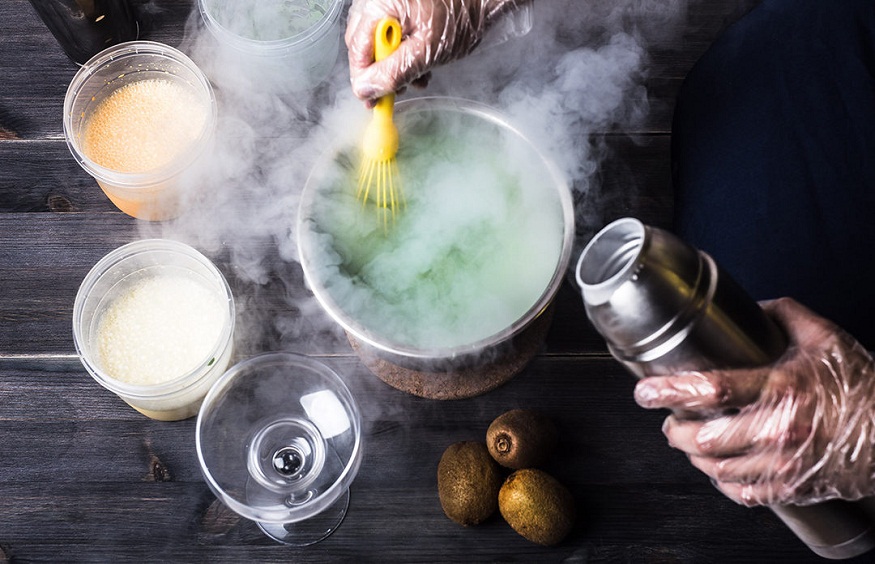
Brewery and Beverage Production: Specialized Lubrication for Liquid Food Processing
The beverage industry encompasses a diverse range of products—from craft beers and fine wines to soft drinks and bottled water—each requiring specialized production processes and equipment. Despite this diversity, all beverage manufacturers share common challenges related to maintaining equipment reliability while ensuring product safety and quality. The selection and management of food-grade lubricants plays a crucial role in addressing these challenges across the beverage production spectrum.
Brewery operations present particularly complex lubrication requirements due to the combination of food safety needs, harsh cleaning protocols, and diverse equipment types. From grain handling and milling equipment to fermentation vessels, bottling lines, and packaging machinery, each system requires careful consideration of lubricant compatibility with both the product and the cleaning chemicals used in sanitation procedures. The frequent washdowns necessary in brewery environments demand lubricants with exceptional water resistance and adherence properties.
The corrosive nature of many beverage ingredients creates additional lubrication challenges. Acidic products like fruit juices and carbonated beverages can accelerate corrosion in equipment components, while high sugar content in some products attracts contaminants and complicates cleaning procedures. Lubricants for these applications must provide enhanced corrosion protection while maintaining compatibility with both the product and cleaning protocols.
Temperature variations common in beverage production require lubricants capable of performing across wide ranges. Cold storage areas, pasteurization processes, and ambient production environments may all exist within the same facility, sometimes served by common equipment. Lubricants must maintain appropriate viscosity and protection characteristics from refrigerated temperatures through pasteurization conditions without compromising performance.
High-speed bottling and packaging equipment represents one of the most demanding applications in beverage production. These systems operate at tremendous speeds with minimal tolerance for unplanned downtime, while simultaneously requiring frequent cleaning and sanitization. The lubricants supporting these operations must provide exceptional wear protection, resist washout during cleaning, and allow for rapid equipment restart following sanitation procedures.
The craft beverage movement has introduced additional complexity to lubrication management. Smaller operations often lack the technical resources of major manufacturers while maintaining the same food safety obligations. These facilities benefit particularly from working with lubricant suppliers who can provide technical support and simplified product ranges that meet diverse application needs without requiring extensive inventory investment.
Regulatory compliance in beverage manufacturing extends beyond basic food safety requirements to include specific regulations for alcoholic beverages, organic products, and export markets. Lubricant selection must consider these various regulatory frameworks, with documentation sufficient to support diverse compliance needs. This requirement makes supplier relationships particularly important for beverage manufacturers serving multiple markets.
Sustainability considerations have gained prominence in beverage manufacturing, driven by both consumer preferences and corporate responsibility initiatives. Environmentally friendly lubricants that biodegrade readily while maintaining performance characteristics help beverage manufacturers meet sustainability goals. Additionally, extended service intervals and reduced waste generation contribute to overall environmental performance.
As beverage manufacturing continues embracing automation and efficiency improvements, lubrication practices must evolve accordingly. Predictive maintenance approaches, automated lubrication systems, and integrated condition monitoring will become increasingly important for maintaining the high reliability levels demanded by modern beverage production operations.
For more information on beverage industry standards, visit the Brewers Association or explore resources from the International Society of Beverage Technologists.




